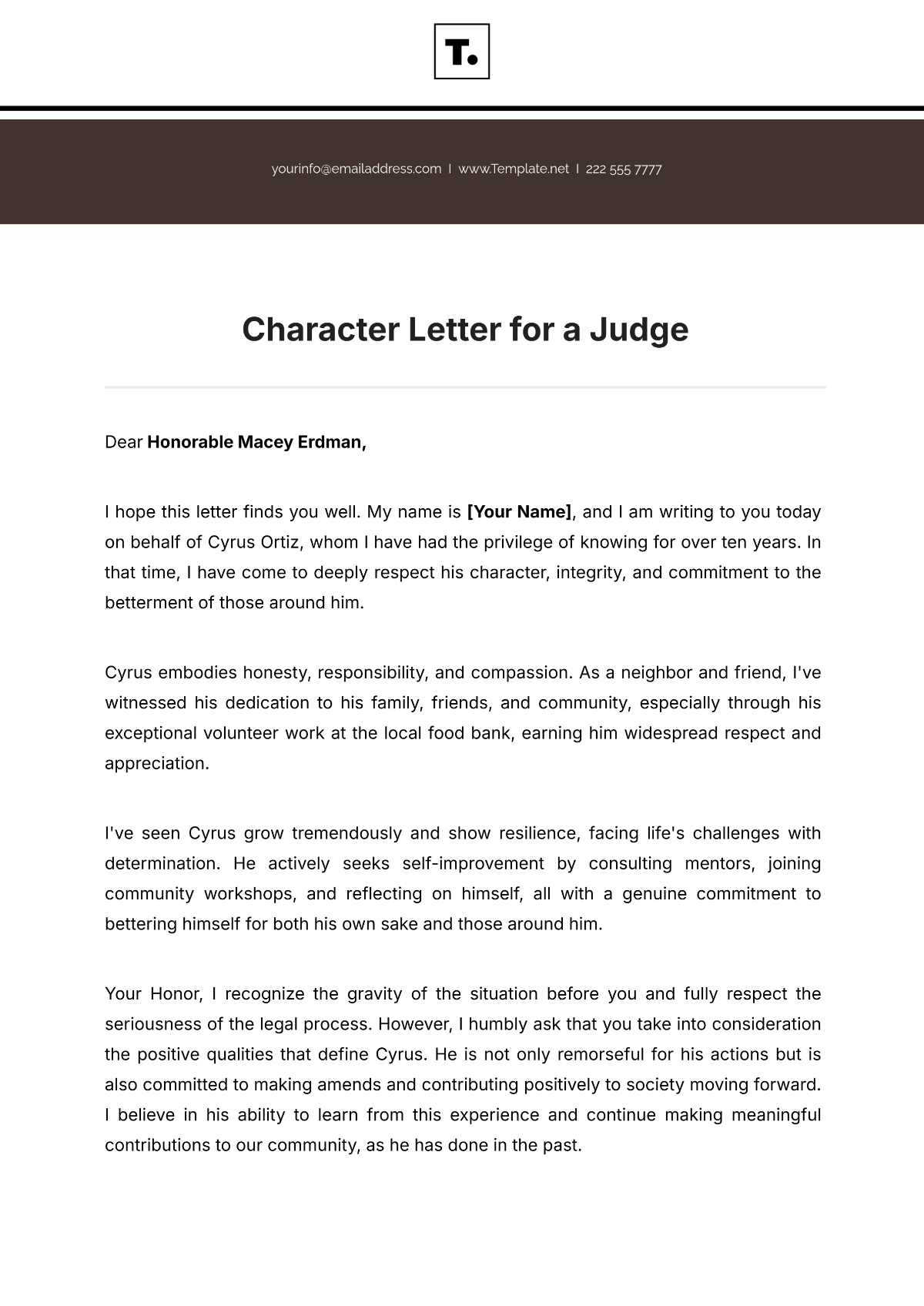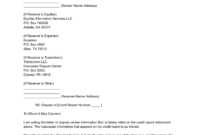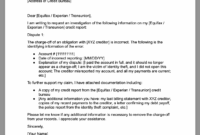When a loved one or acquaintance faces legal challenges, one of the most impactful ways you can offer support is by writing a character letter. These letters are powerful tools in the legal system, designed to provide a judge with a deeper understanding of an individual’s character, reputation, and standing in the community beyond the specific charges or proceedings. It’s an opportunity to humanize the situation and present a side of the person that legal documents alone might not convey.
Crafting such a letter can feel daunting, especially when you understand the weight it carries. You want to ensure it’s persuasive, professional, and includes all the necessary information without sounding overly emotional or disingenuous. This is where a structured approach becomes invaluable, helping you organize your thoughts and present them clearly and effectively to the court.
Understanding the Purpose of a Character Letter
A character letter serves as a testament to an individual’s positive attributes and contributions. It isn’t meant to argue the facts of a case or deny guilt, but rather to paint a comprehensive picture of who the person is outside of the courtroom context. Judges consider these letters during various stages, such as bail hearings, sentencing, or probation reviews, as they offer unique insights into the individual’s history, behavior, and potential for rehabilitation.
The people who typically write these letters include family members, friends, employers, colleagues, teachers, religious leaders, or community members. The key is that the writer must know the individual well and be able to speak to their character with honesty and integrity. The relationship between the writer and the subject should be clearly stated, as it lends credibility to the observations shared.
For a judge, these letters are crucial because they provide context that helps in making fair and informed decisions. They move beyond the dry facts presented by attorneys and offer a glimpse into the person’s real-world impact and reputation. A well-written letter can highlight qualities like remorse, responsibility, strong work ethic, community involvement, or dedication to family, all of which can influence a judge’s perception and, ultimately, their ruling.

Therefore, approaching this task with care and a clear understanding of its purpose is essential. It’s not just about saying good things; it’s about providing specific, verifiable examples that illustrate positive character traits and demonstrate why the individual deserves consideration or leniency based on who they are as a person.
Key Elements Your Letter Must Include
- Your full name, address, and contact information.
- The date the letter is written.
- The judge’s full name and address (if known), or simply “To the Honorable Judge.”
- The full name of the person you are writing about and their case number (if available).
- A clear statement of your relationship to the individual and how long you have known them.
- Specific examples or anecdotes that illustrate the individual’s positive character traits, such as honesty, integrity, work ethic, compassion, or community involvement.
- An opinion on the individual’s potential for rehabilitation or their positive contribution to society.
- A respectful closing statement.
- Your signature.
Crafting Your Letter with a Character Letter Template to Judge
Utilizing a character letter template to judge can significantly streamline the writing process, ensuring you cover all critical points while maintaining a professional and respectful tone. A template provides a structured framework, guiding you on where to place your introduction, the body paragraphs detailing your observations, and your closing remarks. This prevents you from overlooking essential information that could weaken the letter’s impact.
Think of a template as a skeleton for your letter. It gives you the basic shape, but you’re responsible for filling in the flesh and blood – the personal stories and specific examples that make the letter unique and compelling. Begin by addressing the judge respectfully, then introduce yourself and your relationship to the individual. This initial clarity sets a professional tone from the start.
The core of your letter will be dedicated to describing the individual’s positive character traits. This is where you move beyond general statements and provide concrete examples. Instead of saying, “John is a good person,” you might write, “I recall a time when John selflessly volunteered countless hours to organize a local food drive, demonstrating his deep commitment to community welfare and his compassionate nature.” These specific anecdotes are far more persuasive and memorable.
As you fill in the character letter template to judge, remember that authenticity is paramount. While you want to be supportive, avoid exaggerating or making claims you cannot substantiate. Judges are adept at discerning sincerity. Focus on honesty and provide observations that are genuine and reflective of your true experiences with the individual. Proofread your letter meticulously for any grammatical errors or typos, as these can detract from its professional appearance and impact.
Ultimately, your character letter is a testament to an individual’s worth, offering a human perspective to a complex legal situation. By following a structured approach and focusing on genuine, specific examples of positive character, you can create a powerful and persuasive document. Your effort can truly make a difference, helping the judge see the full picture and consider all aspects of the individual’s life and contributions when making their decision.


